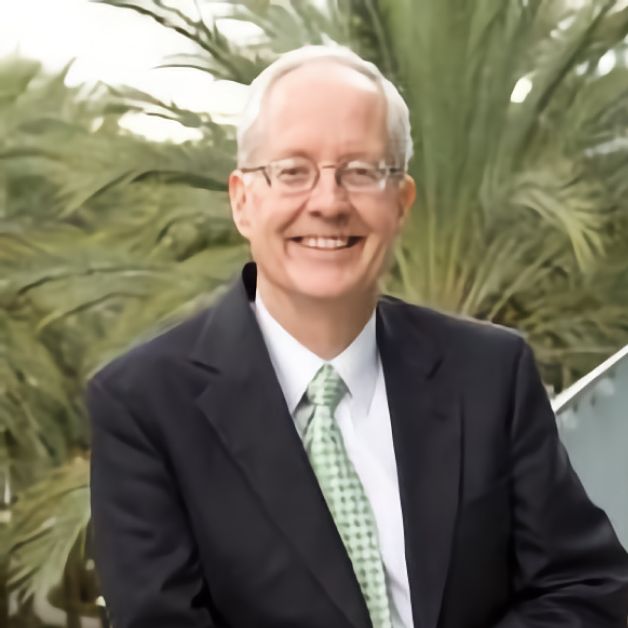There are many definitions of “mathematics.” The one that I have found to be most useful in teaching and curriculum development is, “a language that enables us to describe and solve problems that require precision.” While that’s true, it's also true for many students that the learning of mathematics IS the problem.
In the United States, the journey of students as they attempt to learn mathematics from preschool through 12th grade is akin to Napoleon’s “march to Moscow,” a march which began with roughly 400,000 soldiers and ended with about 100,000, due to horrific losses along the way from a variety of causes. Based on NAEP proficiency scores, that ratio is pretty close to the ratio of students in the US who "survive" their study of mathematics all the way to 12th grade.
In future posts, we’ll talk about why this is the case and what can be done about it, especially in relation to the learning of algebra. But first, it’s important that we recognize how much of a tragedy it is, not just for our nation, but more importantly for all those students who do not survive.
It is the purpose of education, in my view, to empower individuals to create their futures. There are a lot of ways in which education can help or hinder learners in that respect. But perhaps the most useful thing that education can do to put them in a position to create their own futures is develop their language skills, the ability to give and receive communication. Language opens the door to just about anything one might wish to accomplish.
For a moment, imagine what your life would be like if you did not have the ability to communicate in your native language. If you’ve ever visited another country where your native language was not spoken and you didn’t speak theirs, you’ve had a taste of the feeling of isolation and frustration that would result.
That is the exact feeling of isolation and frustration that many students feel in their math classes, and especially in their algebra classes. That isolation is not imaginary; if students do not learn to communicate in the language of mathematics, including algebra, there are many futures that will forever be closed to them.
Benjamin Bloom famously said, “What any person in the world can learn, almost all persons can learn if provided with appropriate prior and current conditions of learning.” It’s a truth that I have experienced.
Over the past several decades, a lot of very knowledgeable people have engaged in sincere and often well-funded efforts to provide “appropriate prior and current conditions of learning” in order to address the problem of learning the language of math. Unfortunately, there hasn’t been much progress in terms of results for students. There are specific reasons for this, reasons which have proven difficult or impossible to address in the context of a math class of 30 students with 30 different sets of learning needs and interests and one beleaguered teacher trying to somehow stay on schedule.
It's time to change the context.

